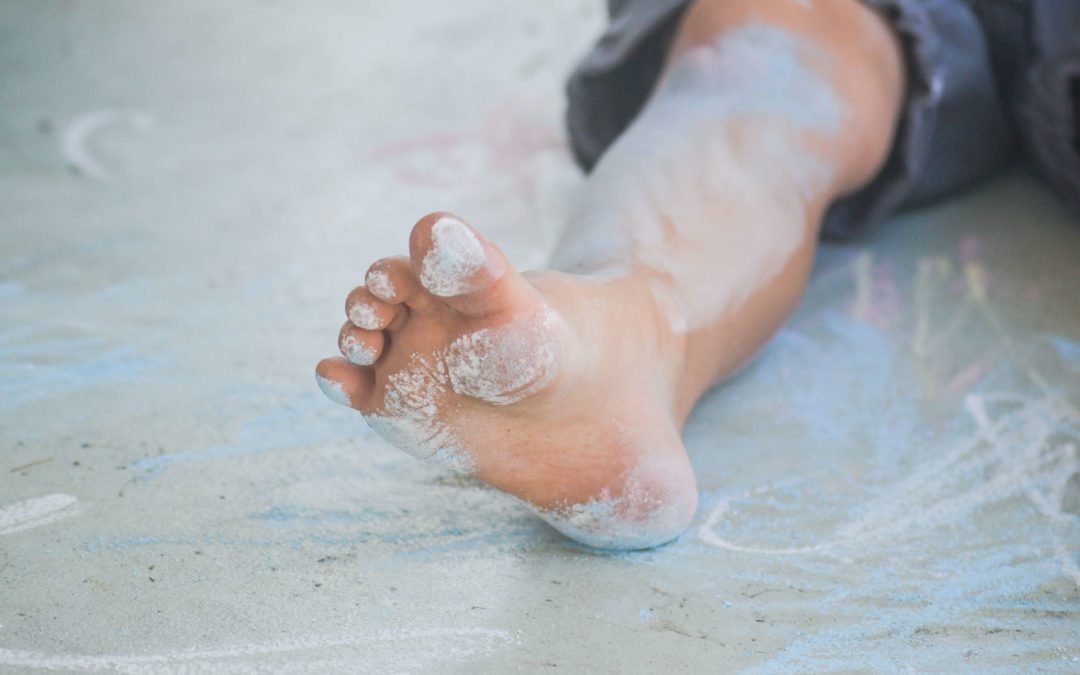
If the term ‘free-range parenting’ makes you think of kids knee deep in mess, perhaps drinking their dad’s beer, you’d be forgiven. But, you would be right in thinking that giving children agency to do whatever they want is a bad idea.
However, there are benefits in giving children some responsibility and choices.
What is free-range parenting?
The term was first coined after a US columnist wrote an article called ‘Why I Let My 9 Year Old Ride the Subway Alone’. The story gained attention as commentators weighed in on her decision, with some feeling her actions were tantamount to neglect.
The author, Lenore Skenanzy, then started a movement to encourage parents to give their children more responsibility.
Since then, other parents have also hit the headlines for their freer parenting approach. In some instances, child protection services have had to get involved where some cases were classed as neglect.
What’s a more realistic, responsible approach to free-range parenting?
Despite the controversy, there are elements of free-range parenting that are without any risk of harm or neglect to children. Instead, they can benefit kids’ personal growth and confidence.
The rate at which children mature is a factor in handing them responsibility. Parents must trust their instincts with regards when they feel their child is ready for the bigger freedoms such as:
- when a child can stay home alone
- when a child is allowed a mobile phone, and for how much time each day
- when a child can walk elsewhere alone
- when a child can supervise a younger sibling.
Aside from allowing children independence in the above ways, there are also smaller, easier ways to introduce choice and responsibility, without risking their safety. Here are some suggestions for things to try:
Free-to-choose play time
Kids’ lives can often be a whirl of clubs, play dates and whizzing from one place to the next. Carve out time each week where your child can decide to play whatever they want to. Perhaps they may also decide what you do as a family for an afternoon (expense/ reality permitting!).
Playing outside
Not only is being in nature good for their bodies and minds, but it also encourages children to loosen their grip on electronic devices. An hour spent in the forest, allowing kids to design their own den, for example, gives them free reign on their creativity, and some much needed fresh air.
Choices
Offering children autonomy in decision making is a great way to subtly hand them responsibility. This can start from young, allowing them to choose their own outfit, or pick a sandwich filling at lunch. This can then grow to choosing between clubs at school, or whether to have their evening bath before or after dinner.
Age-appropriate responsibilities
Putting kids in charge of some tasks not only gives them a taste of responsibility, but also helps them gain confidence. Depending on age, children’s responsibilities could include:
- making their own bed
- clearing their plate after meals
- collecting the post
- putting dirty clothes in the basket
- tidying up toys/ their room
- feeding pets
- taking out the recycling
- packing their lunch
- washing up
- watering the garden
- baby sitting
- make themselves food
Younger children may not do a great job of some of their tasks (such as making their bed) however being praised for their effort is important.
Earning independence
Freedom and independence can be given in stages depending on children successfully following the rules.
For example, if your child wants to walk to a friend’s house alone, you must first be able to trust them to walk a shorter distance and return home within the agreed time frame.
Once kids have proved themselves trustworthy- be that around technology usage or being out of the house- you can award them the next level of independence with confidence.
What else to consider for growing childrens’ independence
Unfortunately, while in an ideal world we would be able to send our kids out to play with their friends without any worry, we have to be realistic with our expectations of the world around them.
Before handing your kids a set of house keys and allowing them to roam free, there must be considerations for parents, as suggested by Fegans Parenting Lead, Nicola Baldwin:
- children must be able to problem solve (e.g. I’m out of the house and I’ve lost my keys, what should I do?)
- children must understand rules, boundaries and consequences (e.g. I must be home by 6pm, and if I’m not I will be grounded)
- does the child in question have the understanding and maturity to put the above into place?
- have we made an emergency situation plan- where they could go for help and do they know how to call 999? Have they got a mobile that can be tracked?
Aim to practice and go through your emergency plan until children are fully clear on what to do. Be sure to trust your instincts on whether your child is ready for more freedom and don’t hesitate to wait until you’re confident that they are ready.
As mentioned previously, children mature at different rates and individual parents have their own, fully valid, feelings on what age is appropriate for further independence.
The key consideration must always be a child’s safety and well-being.
Want to talk to other parents about the trials and tribulations of parenting? Come and join our friendly forum.









